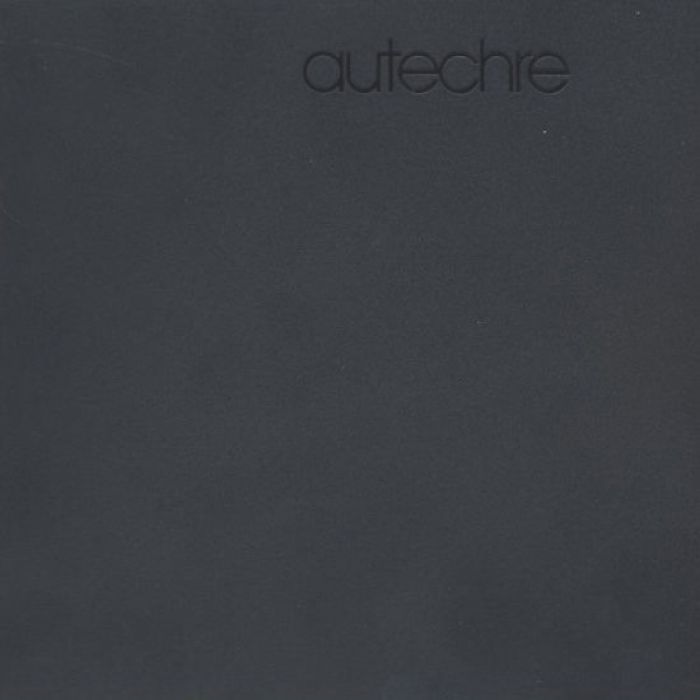LP5 by Autechre (Review)

When I was in junior high and high school, I was a geek. I preferred reading my astronomy book to talking to girls (sadly, that hasn’t changed all that much). I enjoyed my science classes. I was probably the only kid to ever ask for a copy of Stephen W. Hawking’s A Brief History of Time for Christmas and get it. I wanted to be a physicist when I grew up, for God’s sake. However, by the time I hit college, my focus had changed. Oh I was still interested in the stuff, but when I started pulling D’s and F’s in my physics and calculus classes, I saw it as a sign from the Almighty.
But listening to the latest from Sean Booth and Rob Brown, aka Autechre, makes me wonder if I shouldn’t have tried a little harded in those courses, if only so I’d be a little more prepared to describe the sounds emanating from my speakers.
You see, trying to describe Autechre’s sound requires you to sound like a physicist, or at least sound like you aced a college-level calculus class. It’d be easy to lump them in that whole “electronica” category because they’re, well, electronic. But whereas most electronica bands are heard spinning their tunes in the clubs, you’d probably be more apt to hear Autechre being played at your local particle accelerator.
The sounds that Autechre conjure out of their computers will probably be the closest audio approximation we’ll ever have of the inner workings of the atom. Sounds fly around like electrons moving up and down in their energy levels, chirping and whistling about like some subatomic orchestra. Rhythms collide and chirp like neutrons smashing around in the core. Melodies leave little trails behind in the audio cloud chamber.
Even their song titles (e.g., “Acroyear2,” “Under BOAC”) conjure up complex equations, describing all sorts of subatomic activity. But it’s the sound that separate Autechre from a majority of other “electronic” acts. Their music appears chaotic and disorderly at first, but as your ears grow accustomed to it, patterns begin to emerge. There’s not really any sense of “melody” or “rhythm,” but rather the concept that “melody” and “rhythm” might have once been there.
Is it easy listening? Heck no. Is it even remotely danceable? Maybe if you had joints where God never intended. Will people like it? The masses will dismiss it as amateur sine wave noodling by two guys who need to get a life. Do I like it? Well, that depends. If you’re asking the side of me that wants music to be emotional and moving, to speak to the heart, then no way. But if you ask the part of me that secretly wanted to visit CERN, that would stay up and watch NOVA, and considers Pi one of the best movies to come along in the past 5 years.
But does it really matter? Music like this is never going to find a real audience, because people want music that moves them. They don’t want to listen to cool sounds, because if you think about this cynically, that’s all Autechre are making — cool beeps and bleeps. Sure, there will be those who will argue that there’s something beautiful about the pure electronic tones on this record, just like people will tell you that a complex mathematical equation is beautiful.
But people will hate this for the same reason that people hate algebra. But what those people don’t realize is that, like physics is needed to help us understand the world, music like Autechre’s is needed to help us understand the possibilities of sound. It doesn’t necessarily make for an enjoyable listen everytime, but it does make for an intelligent and challenging one, and that’s more than you can say for 99% of the stuff currently circulating the airwaves.